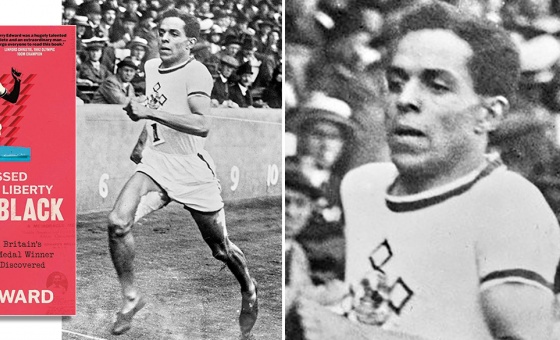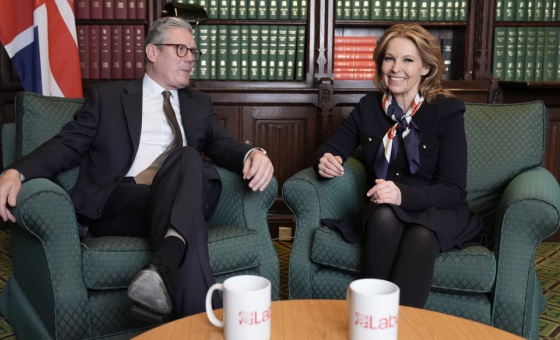This is the last article you can read this month
You can read more article this month
You can read more articles this month
Sorry your limit is up for this month
Reset on:
Please help support the Morning Star by subscribing here
A CELEBRATION of the work from many different ages and idioms that has been produced and shown to audiences in Scotland and further afield despite the pandemic, the fifth Scottish Awards for New Music ceremony is taking place online on July 7 but is by no means a less grandiose affair than previously.
The award panellists are a real music world Who’s Who and the musicians and composers shortlisted should take pride in reaching this far. The 13 categories range from community music-making to installations and folk music and all credit to the organisers in ensuring that the awards cover such a large base of musical styles.
As a composer and musician working in Scotland, I have my biases and would certainly be eager to see certain individuals or groups win. A particular highlight for me is Sonic Bothy’s nomination for The RCS Award for Education/Community Project.
Their work over the past few years has been incredible, not least because it is an ensemble of disabled musicians producing some of the heaviest and grimiest experimental music your ears can hope to find. Their continuing tenacity never lets disability be a token thing but allows their members to show off their incredibly rich imaginations and ideas.
Having had the fortune to win The RCS award for Making It Happen previously, I know that it confers a certain gravitas and validation, which the nominees certainly deserve.
A stand-out among them is Aileen Sweeney and Ben Eames and their podcast Ear to the Ground. It has been running for a little over a year but is the only such podcast in Scotland dedicated to contemporary music-making in the country.
The simple fact that the awards for new music have only appeared in specialised music publications, shows the urgent need for journalists to pay more attention to every region of Britain outside of London. Music does not disappear once you venture beyond the M25.
The SMIA Award for Creative Programming is another interesting award because it demonstrates that so-called classical music is not always a fuddy-duddy art form but can be structured and presented in a way that is as every bit as accessible as it is challenging.
Aberdeen’s Sound Festival has done a lot of remarkable work in recent years, not least because it is the only contemporary music festival in the north-east of Scotland. For some festivals, this might lead to a sort of stagnation as they can rest in their groove and simply serve the same things again and again due to the lack of surrounding options.
Nevis Ensemble and Scottish Ensemble, in their own particular ways, are doing a lot to challenge what a “classical” ensemble is. Much like their fellow nominees, variety and richness is a characterising factor of their work.
It would be naive for an awards event to not highlight the sheer intensity and impact that has been felt due to Covid. The inclusion of the ISM Award for New Music in Covid Times is a decidedly good decision, not least because it means there is another chance to award great music-making, but also because it demonstrates a certain stubborn tenacity that has been felt across the globe by musicians everywhere.
The four nominees have produced a wide variety of music and solutions to the chaos of the pandemic and special attention should be paid to Drake Music Scotland and Tinderbox Collective for not only managing to navigate the complications of the pandemic but to do so with a collection of musicians who are more at risk.
Music-making in a truly scary situation can be the most powerful and the fact the young members of Drake Music Scotland were able to produce such music despite the global chaos is a good tonic for the soul.
Cynics might ask why it is worth me spending time writing about classical music for the Morning Star? The answer is short and simple. Classical music is very much a part of our contemporary life and we should be pushing for more journalists and media professionals to fight for the masses of people to actually gain access to it.
Yet many fear the that the “masses” are scared by such music and its history and make other similarly feeble excuses. In reality, we as the masses can engage intellectually and in a manner that also challenges music listeners.
So, I recommend readers to seek out the awards — you can listen to all the music nominated and make up your own mind.
Until next time, let’s keep fighting for our bread and roses.
The awards ceremony is being streamed live at 8pm on July 7, visit newmusicscotland.co.uk











